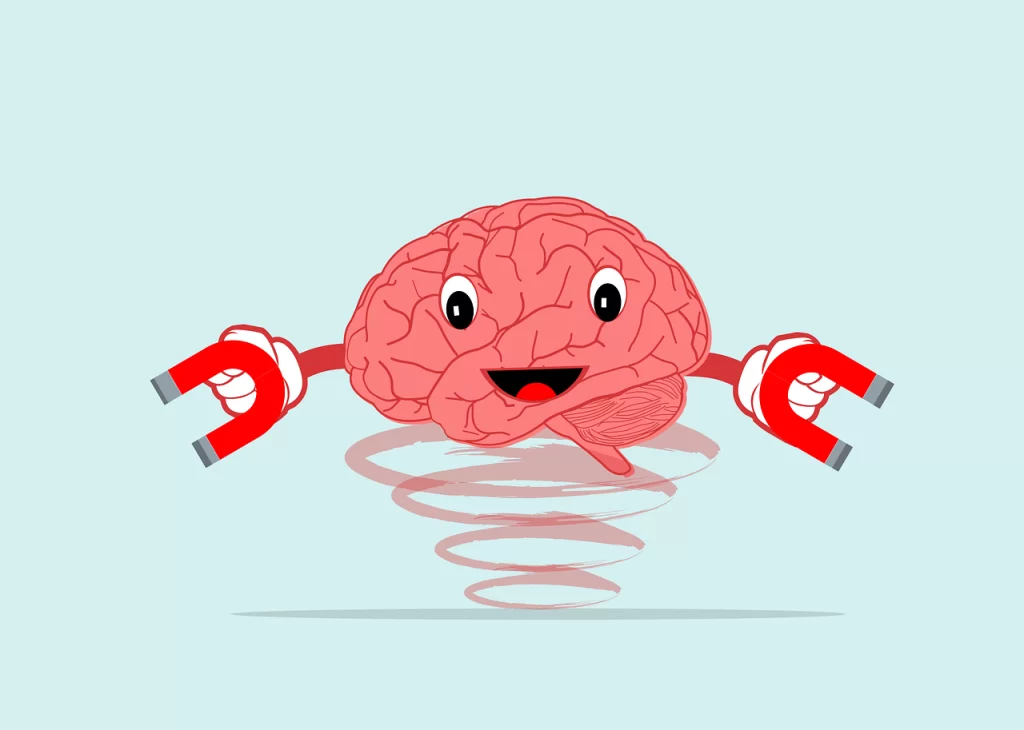What is an affirmation?
The act of confirming or proclaiming the reality or validity of something is known as affirmation. It entails stating or recognizing the existence, significance, or worth of a claim, notion, conviction, or characteristic. The affirmation can be expressed verbally, in writing, or via deeds that show approval, support, or agreement.
Affirmation frequently refers to the employment of encouraging statements in self-help and personal development techniques.
Moreover, positive affirmations are statements or phrases that people purposefully repeat to themselves to build a positive mindset, boost self-confidence, and promote personal progress. These affirmations are frequently written in the present tense and use upbeat language to reinforce desired attributes, beliefs, or goals.

For example, someone may utilize the affirmation “I am competent and inventive” to overcome self-doubt and build confidence in their talents. Individuals want to retrain their thought habits and develop positive self-perception by repeatedly repeating and internalizing this statement.
Affirmation can also be utilized in therapeutic procedures such as cognitive-behavioral therapy (CBT) or solution-focused brief treatment (SFBT). Furthermore, improves a person’s well-being, motivation, and resilience in these situations, affirmation entails highlighting their triumphs, strengths, and positive traits.
Overall, affirmation is the act of confirming, affirming, or asserting something’s truth or value. It can be a tool for developing a positive mindset, growing personally, and improving oneself.
Features of affirmation:
Affirmations are positive affirmations that center on what we wish to accomplish, embody, or attract in your life.
They don’t use pejorative language, have no self-doubt, or have restrictive ideas.
Affirmations are personalized and pertinent to the needs, objectives, or areas for development.
They are a reflection of the goals, aspirations, and personal traits we want to strengthen or cultivate.
Affirmations are often uttered in the present tense as if your life’s intended outcome is currently true. Consequently, this fosters a feeling of conviction, immediateness, and congruence with the present world.
Effective affirmations are precise, explicit, and well-defined. Moreover, they concentrate on a certain trait or quality we wish to foster, making visualizing and actualizing the desired transformation simpler.
Affirmations have greater emotional resonance with us since they are emotionally charged. In addition, they elicit good emotions such as joy, gratitude, confidence, or love, which heighten the impact of the affirmation.
Affirmations must be repeated frequently to have a positive effect that endures. It’s possible to rewire the subconscious mind, reinforce new thinking patterns, and integrate positive beliefs into our daily life by repeatedly repeating affirmations.
Affirmations work best when we firmly believe in their effectiveness and have a clear aim for seeing results.
Accordingly, by directing our energy and activities toward the outcomes we seek, our beliefs and intention help affirmations work.

Affirmation – Verses
I sow a seed deep within my spirit.
A poem of affirmation begins to emerge.
My spirit sparks with each syllable,
Unleashing blazing sparks within me.
I am the author of my destiny, and I have set myself free through affirmations. I decide to have faith in my inner strength, which is so brightly illuminated by positivism.
My spirit is soothed as I embrace self-love. I let go of concerns and worries that are holding me back, affirming my worth and moving forward on a meaningful path.
Affirming my purpose and place in the world, I am a force who is strong and capableI work hard and with enthusiasm to achieve my goals while nurturing my overflowing aspirations.
I express my thankfulness in every embrace for life’s abundant grace.
Additionally, I discover gratitude to be a gift to see, from small pleasures to enormous blessings.
I am connected to the flow of the universe, confirming my connection as a component of the whole.
So let these verses dance over the page, embodying strength, insightful counsel, and the beacon of affirmation.
With each word I utter, my spirit soars, illuminating my surroundings with brilliant brightness.

Affirmation – Merits
Affirmations can assist build a positive mentality by focusing on what is desired, encouraging optimism, and reinforcing positive thoughts and beliefs.
Affirmations can increase one’s self-confidence and self-esteem by reiterating their value, competence, and good attributes. They assist people in growing a more solid sense of self and self-belief.
Affirmations can help people focus on their objectives and desires. People can increase their dedication and motivation to accomplish their goals by making affirmations about them.
Affirmations can help rewire negative thought patterns and replace them with positive and uplifting thoughts. This can lead to a greater sense of mental health and optimism about the future.
Affirmations can encourage a positive emotional state and assist people in coping with difficulties, failures, or stress, which can boost emotional resilience. During challenging circumstances, they can offer solace and inspiration.
Demerits
Affirmations may be less helpful if there is a lack of actual conviction in ideas. Doubt or skepticism can reduce the power of affirmations and make them less effective at shaping thoughts and behaviors.
Affirmations may be useful for developing good thought patterns, but they might not be enough to heal trauma or other deeply rooted psychological problems. It may be necessary to seek expert assistance in these situations.
Affirmations must be realistic and relevant to an individual’s current situation. Affirmations that are too idealistic or disjointed may seem unrealistic and lead to disappointment or dissatisfaction.
Furthermore, affirmations alone may not result in meaningful improvements unless accompanied by action. Affirmations should be used in conjunction with proactive actions toward desired outcomes.
Affirmations’ effectiveness can vary from person to person due to individual differences. What is effective for one person might not be effective for another in the same way. It’s critical to select affirmations that speak to one individual and tailor them to your specific requirements and interests.

Conclusion
In conclusion, affirmations are an effective technique for fostering positive thinking and personal development. They entail the deliberate act of making encouraging declarations to support desirable traits, notions, and results. Affirmations have the potential to change our thoughts, feelings, and actions, giving us the strength we need to overcome obstacles, boost our confidence, and accomplish our objectives.
Although affirmations can be a helpful practice, it’s crucial to approach them with sincerity, conviction, and consistency. They work best when they are adapted to our particular requirements and represent our beliefs and objectives. It’s important to understand that affirmations might not always produce certain or quick outcomes. Action, tenacity, and a readiness to embrace personal development are also essential elements.
Affirmations are available to everyone and can be tailored to our situations. Affirmations provide a means to connect our ideas and beliefs to the outcomes we want, whether they are about developing self-love, boosting confidence, generating abundance, or discovering gratitude. Accepting the power of affirmations that are good for us helps us change our thinking, improve our well-being, and live more purposeful lives.
